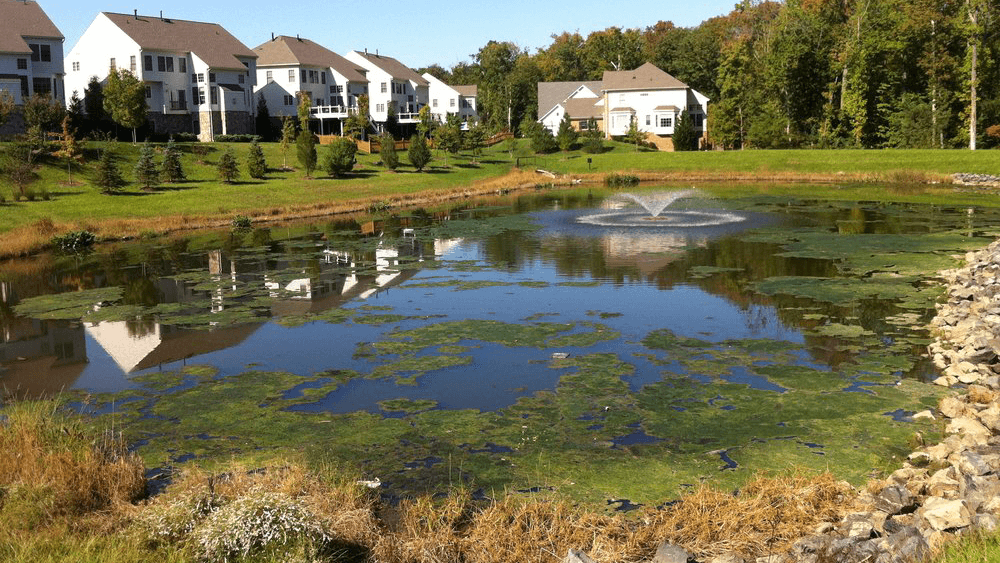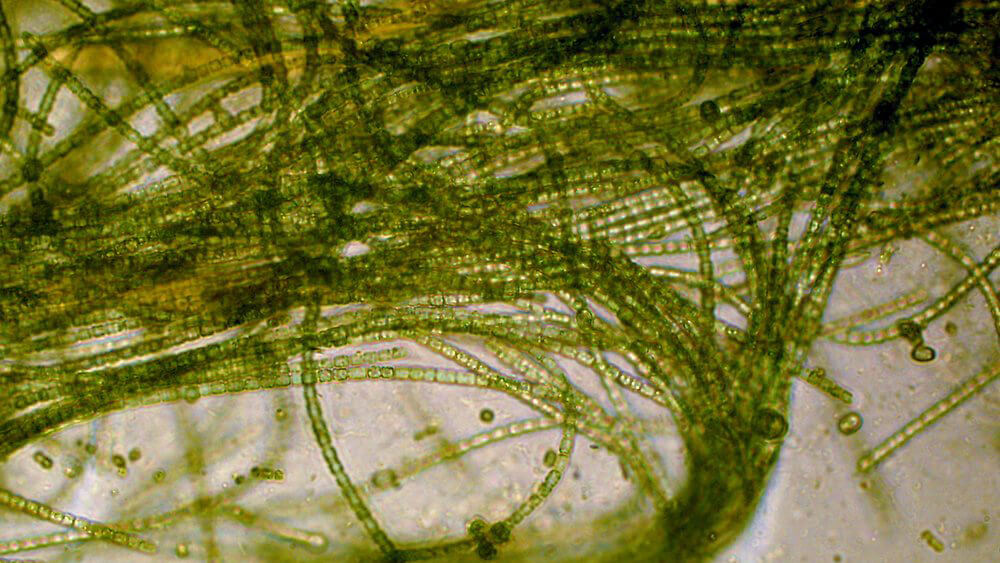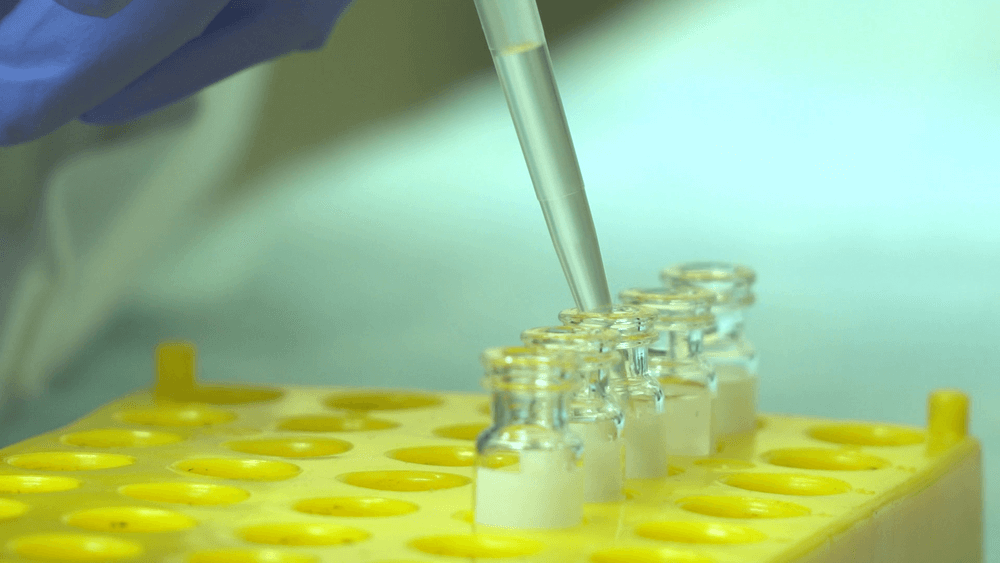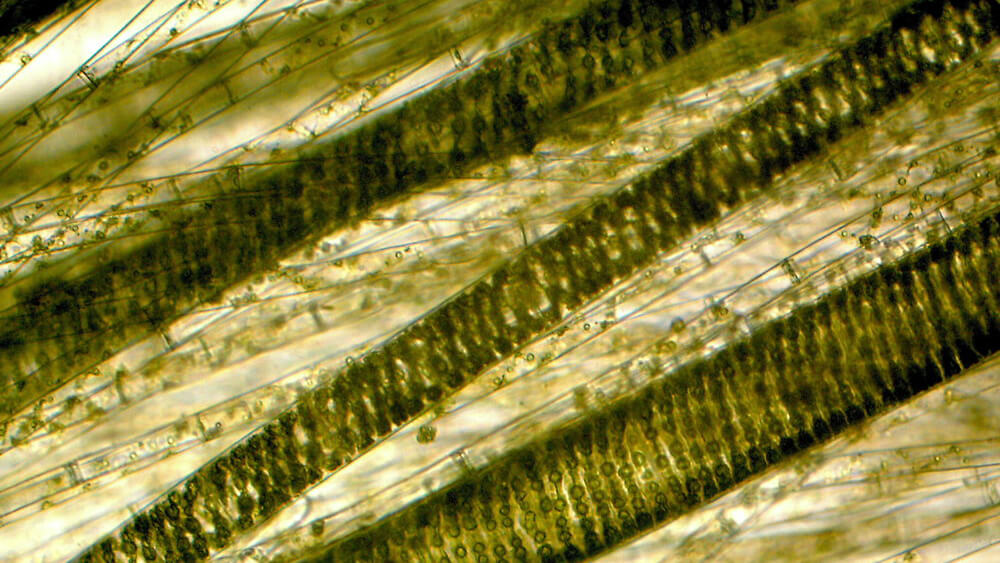Algae Corner: Top Questions to Ask When Dealing with a Fish Kill
Welcome to the Algae Corner with me, Dr. West Bishop. Today we’re going to cover the top questions to ask when you have a fish kill. It’s a very unfortunate event, but they do happen quite commonly in water resources. They're never fun to deal with, but there is a lot of critical information to gather to understand why the fish died and to help offset future fish kills in your pond or lake.
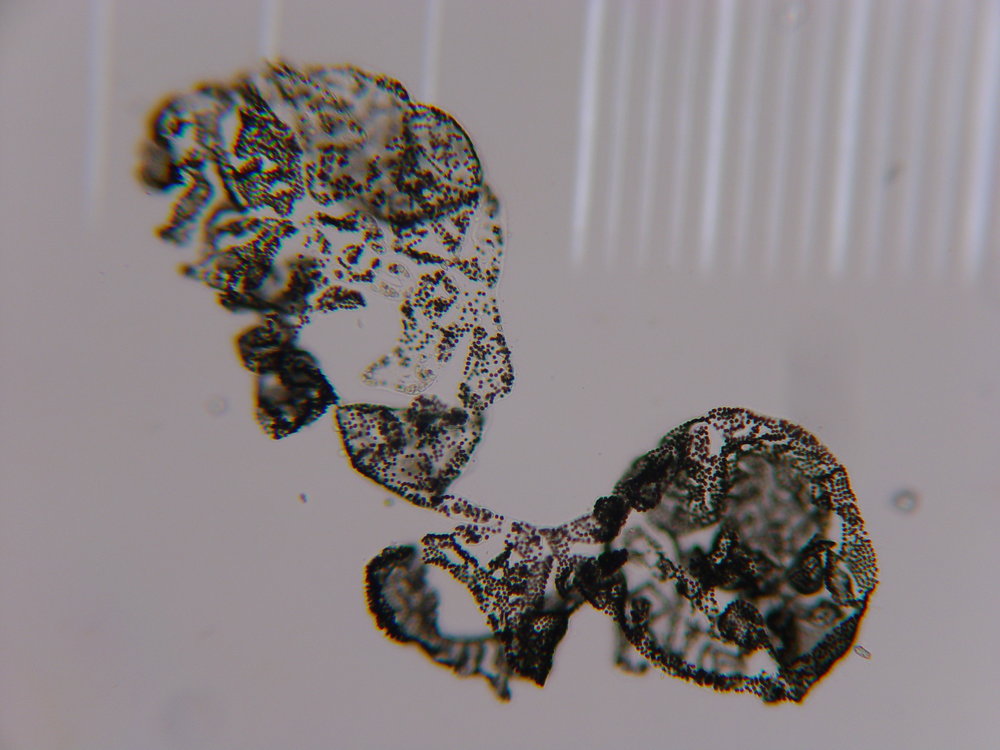
Algae Corner: The Power of Peroxide with PAK 27
Want to get Updates? Get the latest news by subscribing to our channel:
What types of fish died?
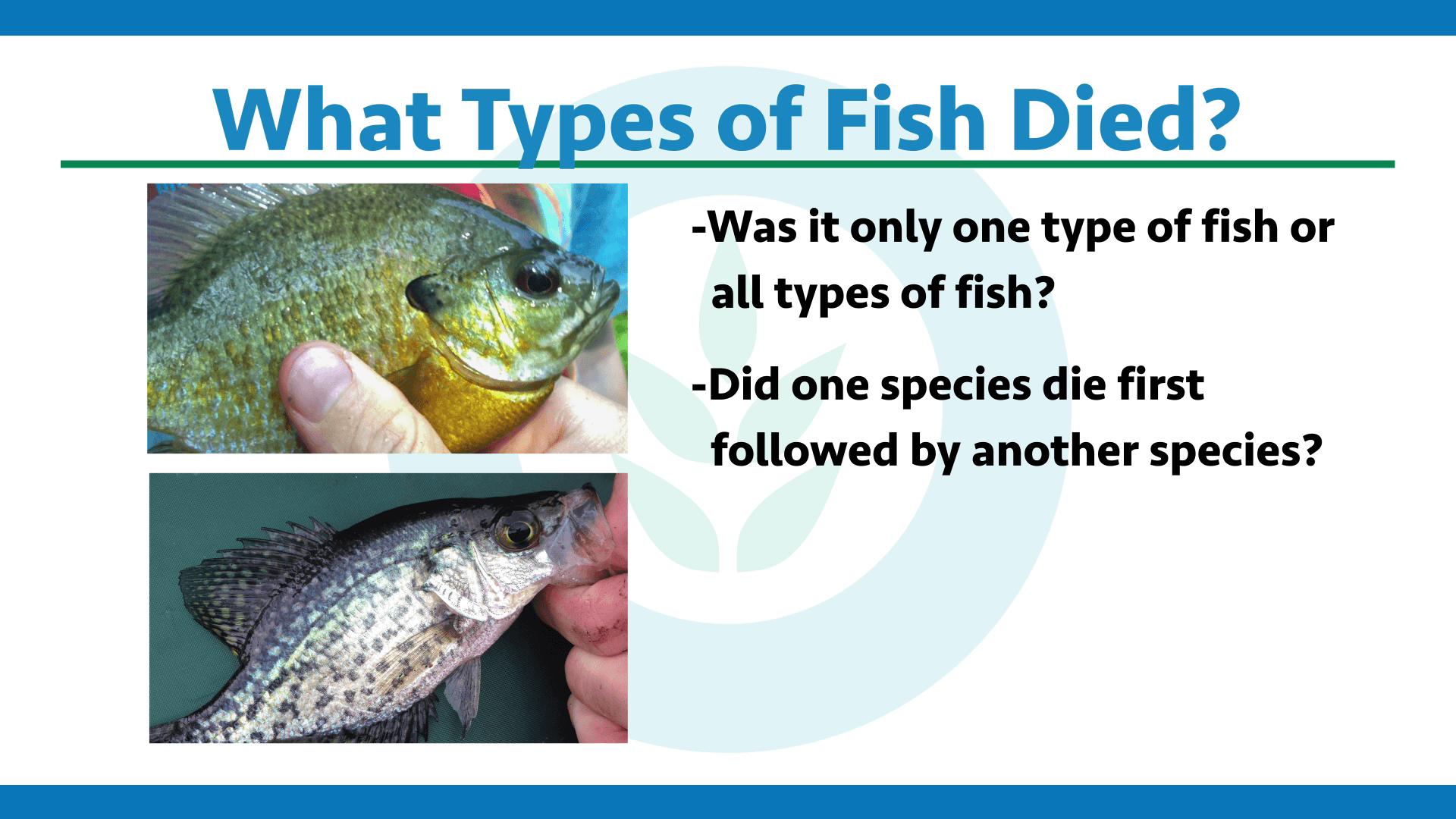
Was it just bass or blue gill, or was it all different types? Did one species or type of fish die first followed by the next one? It’s very important to know the types of species that were affected.
Next, what were the sizes of fish? Did you see small ones die first followed by larger ones, or did it equally affect all sizes of fish? This can be another key diagnostic factor when dealing with a fish kill.
Was something applied to the water?
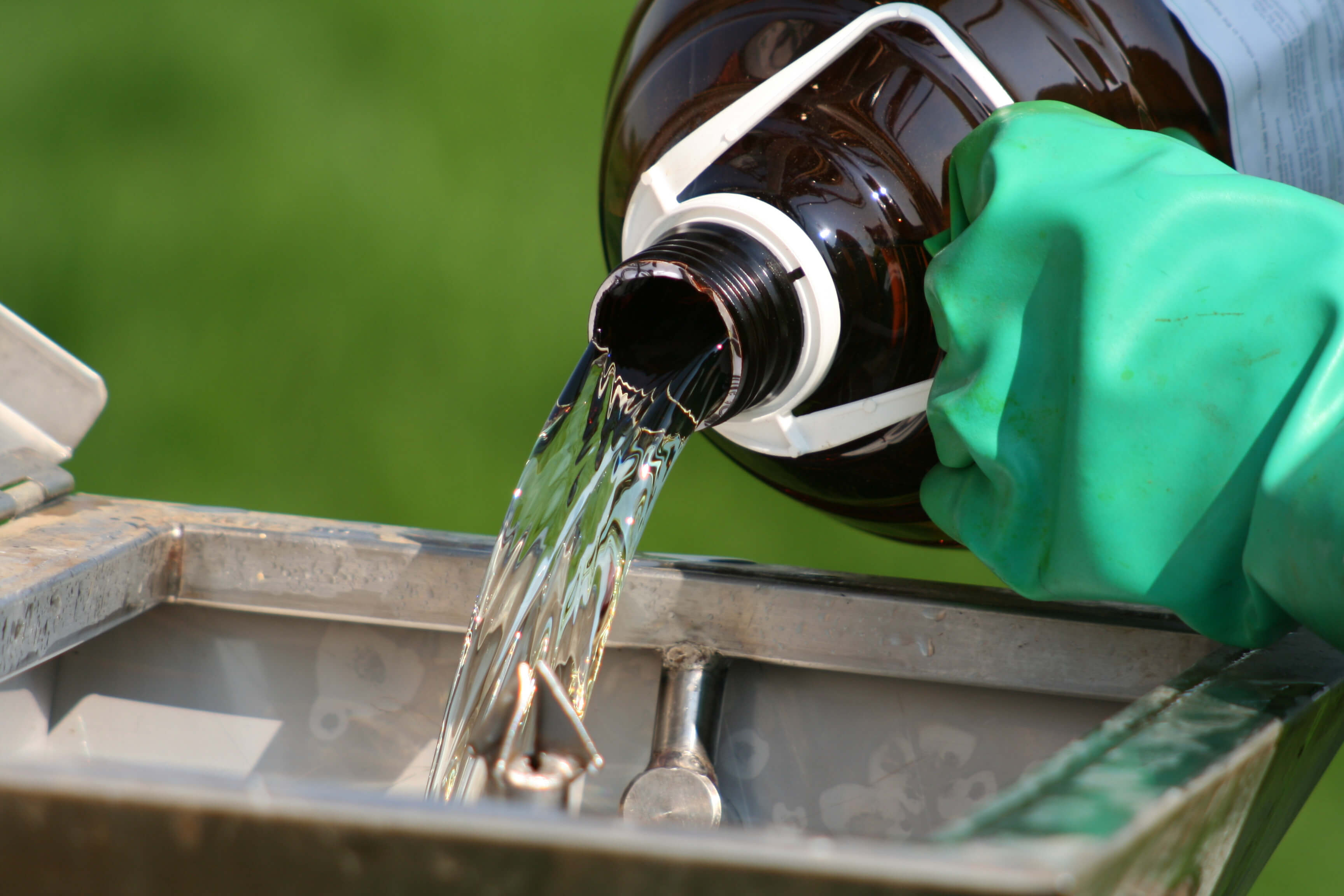
If an algaecide, herbicide, or water quality product was applied to manage nuisance weeds or algae, what was the proximity to the fish kill? What was the concentration and what was applied?
How many gallons of product were applied and what is the volume of your water resource? All these are important questions to ask if something was directly applied to the water.
Does water chemistry play a part?
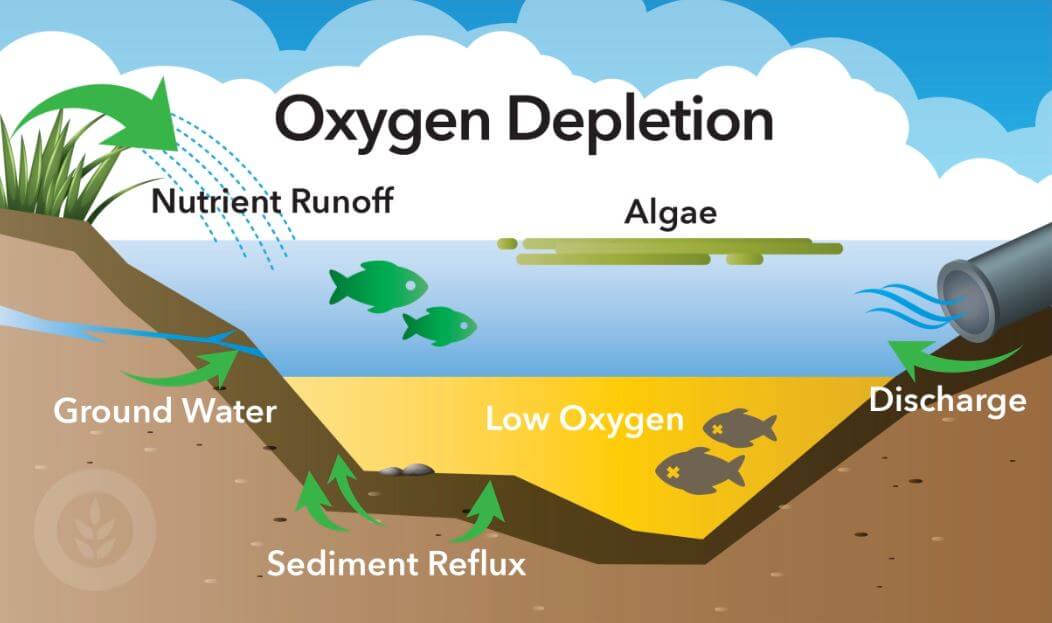
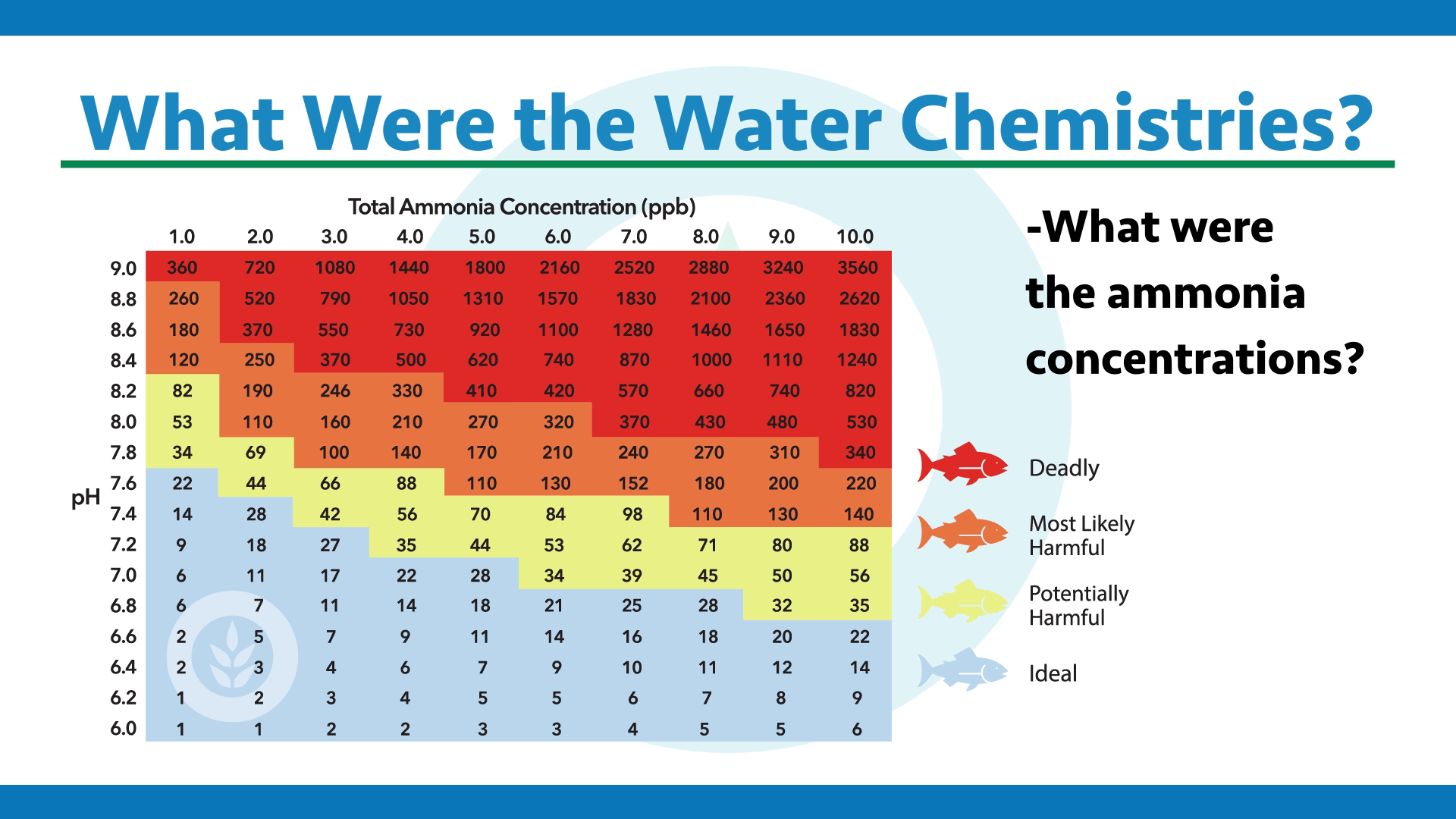
Dissolved oxygen is one of the common reasons that some fish die. Dissolved oxygen depletion can be localized (just on the bottom of a water resource, for example), so understanding dissolved oxygen levels is important.
There are many different other water chemistries that are important to understand. Ammonia for example: if you have a lot of fish, high nutrient concentrations, or if you feed your fish a lot, it could elevate ammonia concentrations. This is important to measure and look at because high pH and high ammonia levels can cause toxicity and stress to fish as well.
What was the weather like?
Did you have a lot of different cloudy days or rainy days? Was it really windy, or was it really hot, stagnant, and sunny? Document the weather events around your fish kill, and the proximity to your fish kill to help us understand if that was a factor.
What about algae?
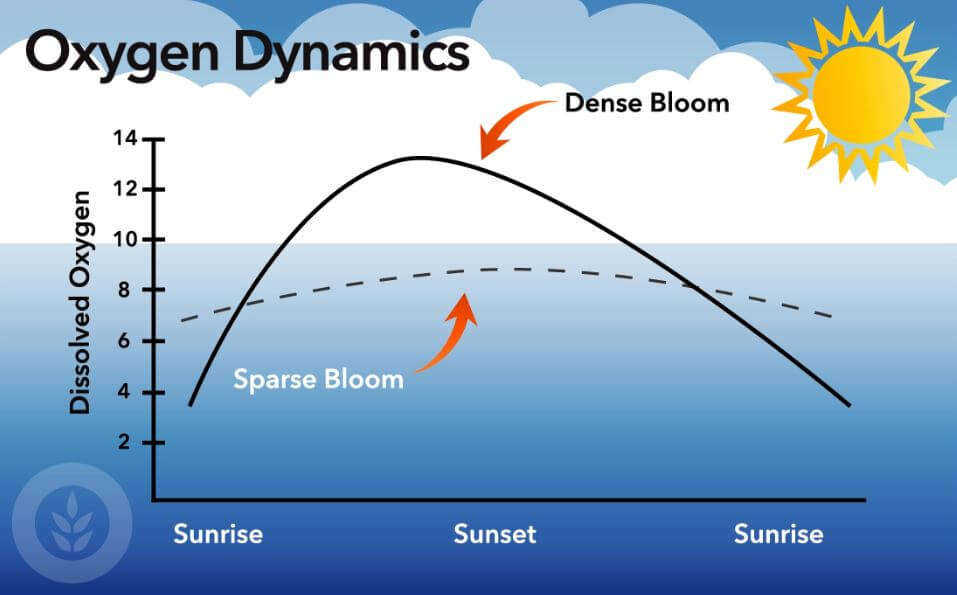
What type of algae you have? This is very important to note. Some types of algae are good, but even those good algae can get too dense. They can get overpopulated and they can alter water chemistries. These algae even respire at night, so they can take up dissolved oxygen. And even good types of algae can, if they get too dense, can cause dissolved oxygen depletion.
If an algal bloom crashes, this can deplete the oxygen from the water column and be a factor as well, and there are some toxin producing algae. Prymnesium parvum, or the golden algae, can produce some toxins that can seriously negatively affect fish. Some euglenophytes can kill fish and a lot of cyanobacteria may have toxins that can cause a fish kill as well. So document the type and density of algae you may have on your site.
How were animals behaving?
Document what other organisms were affected. Did you see any tadpoles or turtles dying, or even ducks or geese? Were there any other animals near your water resource that were negatively affected? That's important to document.
What about the fish behavior? Did you see them jumping at the surface or gulping for air? What did they look like? Did they have lesions, parasites, or problems with their fins? These are all diagnostic clues of whether it could be a virus, parasite, or bacterial infection that killed your fish.
Were there still live fish out there? If so, were they swimming erratically or sluggishly, or did they appear healthy? All of this is good information to document.
Summary
Overall, it’s important not to jump to conclusions. There are a lot of interactive factors that can come together, the perfect storm if you will, that can cause these fish kills. So be sure to really gather all of the information you can, and look at it objectively in order to understand what’s going on in your water resource.
As always, we’re here to help if you need advice to diagnose and even offset that potential for a future fish kill. Please check out our other videos and articles to learn more, or contact a SePRO technical specialist to answer more questions.

